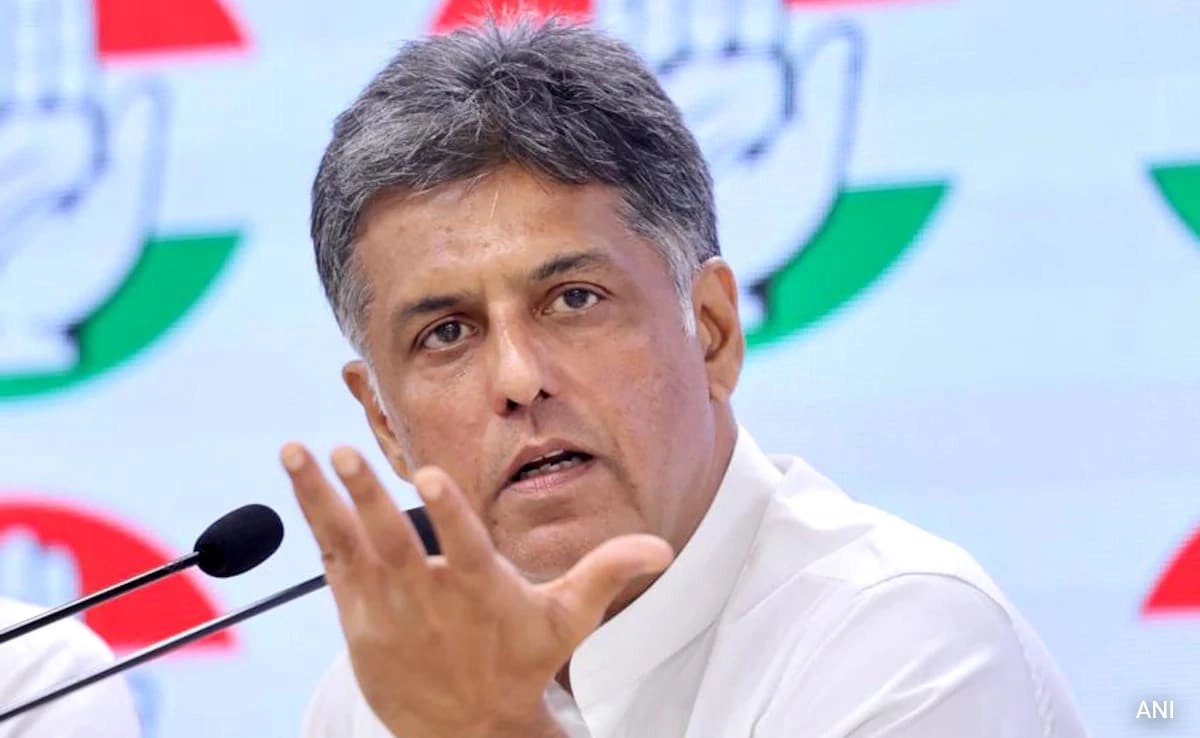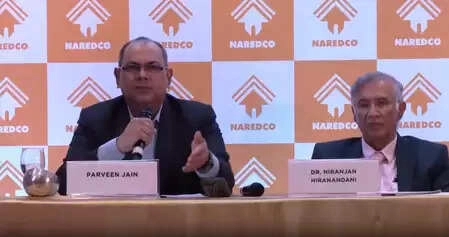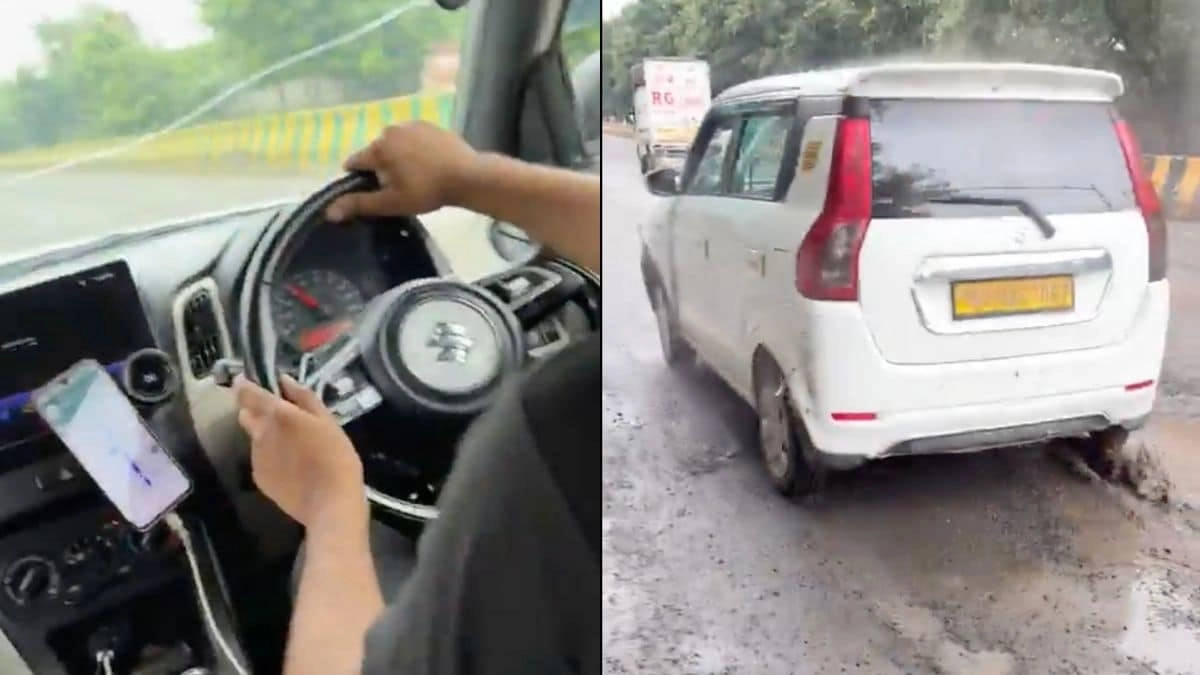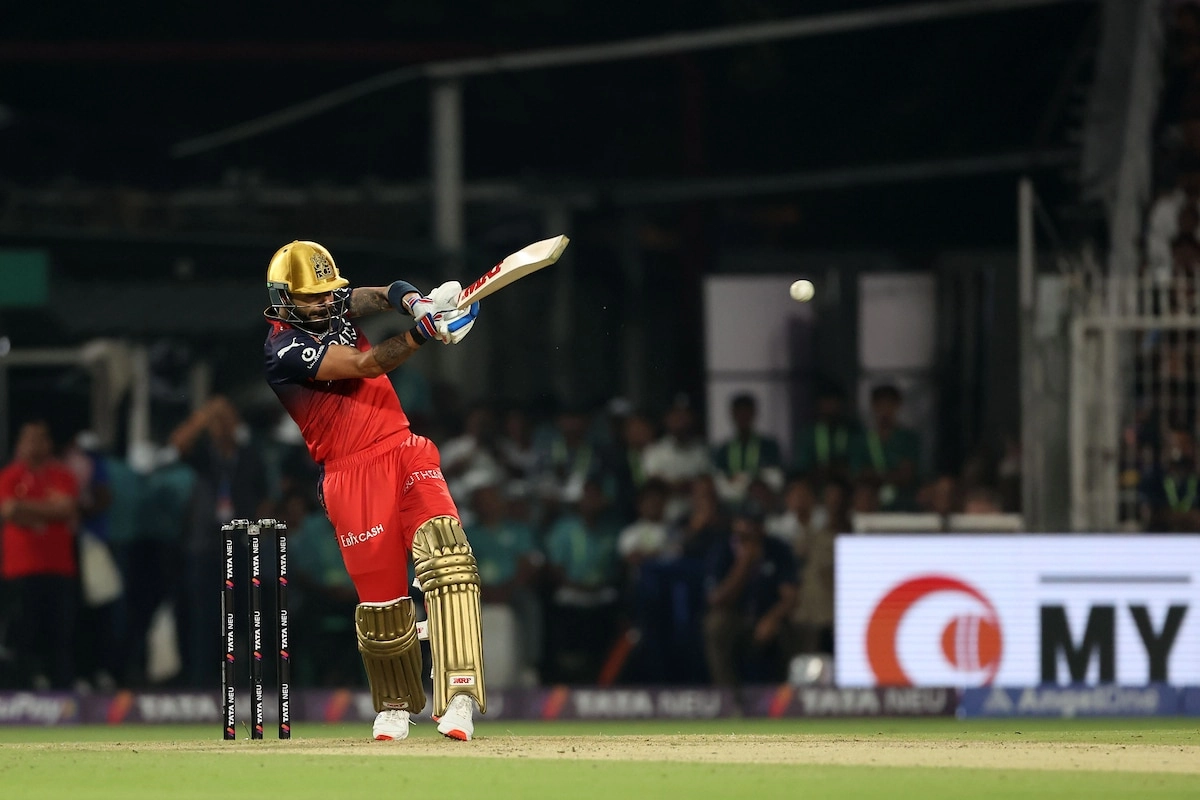The political landscape in India has once again been stirred by a recent exchange between the Bharatiya Janata Party (BJP) and Congress MP Rahul Gandhi. The BJP has taken issue with a social media post made by Rahul Gandhi, which they claim is an attack on the children of politicians, often referred to as “nepo kids.” This term, derived from “nepotism,” has been used to describe the offspring of influential families who are perceived to have an unfair advantage in politics and other fields due to their lineage. The BJP’s assertion is that Gandhi’s post is specifically aimed at undermining the party’s leaders and their families, further intensifying the ongoing rivalry between the two major political parties in India.
In response to the BJP’s accusations, Rahul Gandhi has fired back, asserting that his post was not intended to target anyone personally but was a broader commentary on the culture of nepotism that pervades Indian politics. He argues that the practice of favoring family members and friends in political appointments and opportunities is damaging to the democratic fabric of the nation. Gandhi’s rebuttal reflects a growing concern among many citizens about the concentration of power within political dynasties, which can stifle meritocracy and hinder the emergence of new leaders who may bring fresh perspectives and ideas.
This exchange is emblematic of the larger narrative in Indian politics, where personal attacks and counter-attacks are commonplace. The BJP, often portrayed as the party of change and reform, has frequently criticized the Congress party for being entrenched in dynastic politics, particularly given the prominence of the Gandhi family within Congress. Meanwhile, Rahul Gandhi’s attempts to position himself as a reformist leader seeking to challenge the status quo resonate with a segment of the electorate that is increasingly disillusioned with established political elites. As the political climate heats up, both parties will likely continue to leverage social media and public statements to rally their bases and sway undecided voters.
In the grand scheme of Indian democracy, these exchanges illuminate the complex interplay of power, legacy, and public perception. The dialogue around nepotism and political dynasties is not just a matter of personal rivalries; it speaks to the fundamental issues of representation, equity, and opportunity in governance. As the election cycle approaches, voters will be closely watching how these narratives unfold and whether they will influence their decisions at the polls. The BJP and Congress, both aware of the stakes involved, will undoubtedly continue to engage in this high-stakes game of political rhetoric, with the future of their respective parties hanging in the balance.




